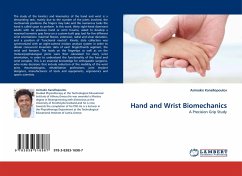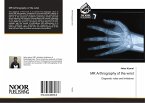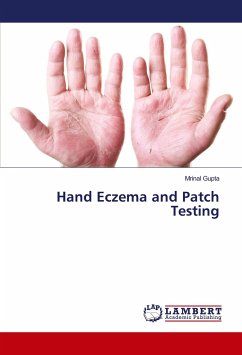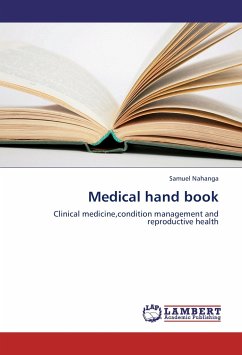The study of the kinetics and kinematics of the hand and wrist is a demanding task, mainly due to the number of the joints involved, the multivariate positions the fingers may take and the numerous tasks the hand is called upon to perform. In this work, thirty right-hand dominant adults with no previous hand or wrist trauma, asked to develop a maximal isometric grip force on a custom-built grip tool for five different wrist orientations: maximal flexion, extension, radial and ulnar deviation, and a position of functional neutral''. Kinetic data collection was synchronized with an eight-camera motion analysis system in order to obtain concurrent kinematic data of each finger/thumb segment, the wrist and forearm. The loads on the fingertips as well as on the metacarpophalangeal joints were then calculated for every wrist orientation, in order to understand the functionality of the hand and wrist complex. This is an essential knowledge for orthopaedic surgeons, who make decisions that include reduction of the mobility of the wrist joint, rheumatologists, rehabilitation professions, joint implant designers, manufacturers of tools and equipments, ergonomics and sports scientists.
Bitte wählen Sie Ihr Anliegen aus.
Rechnungen
Retourenschein anfordern
Bestellstatus
Storno








